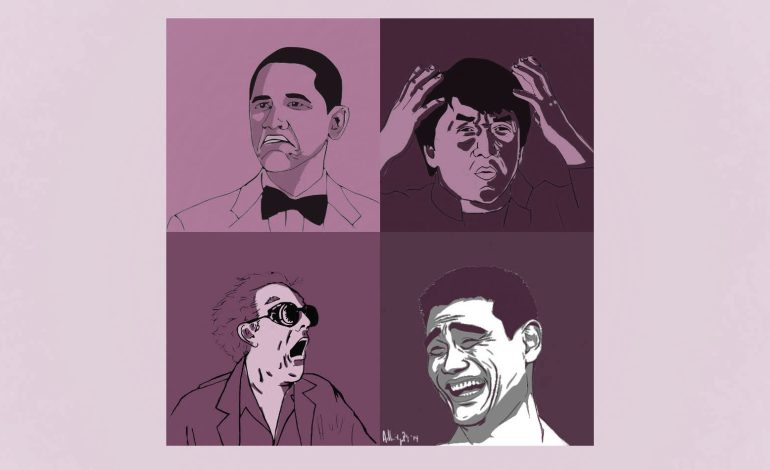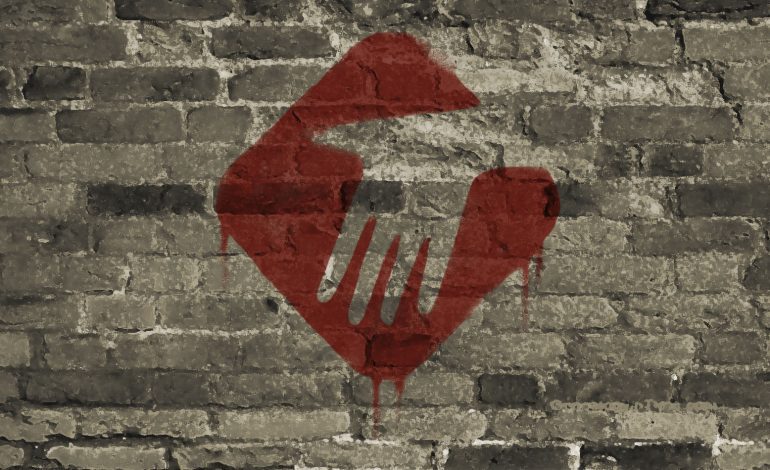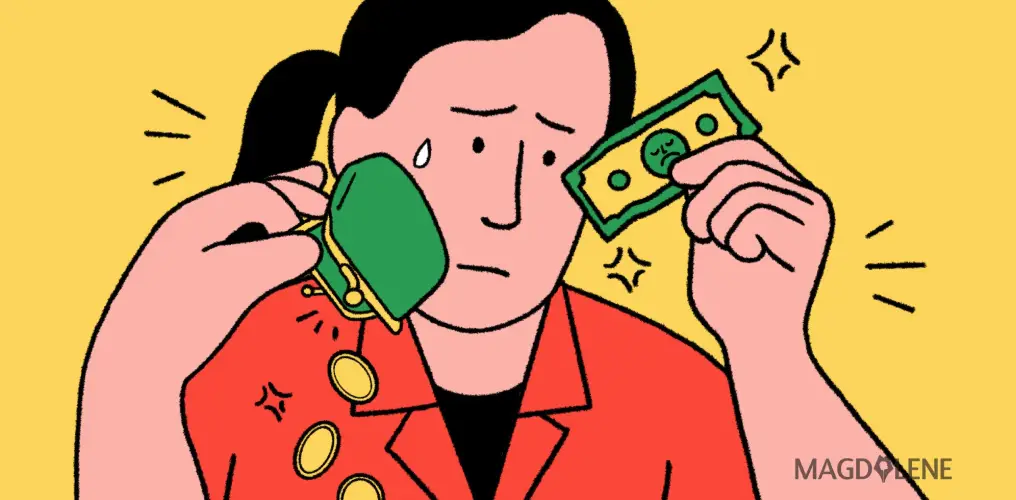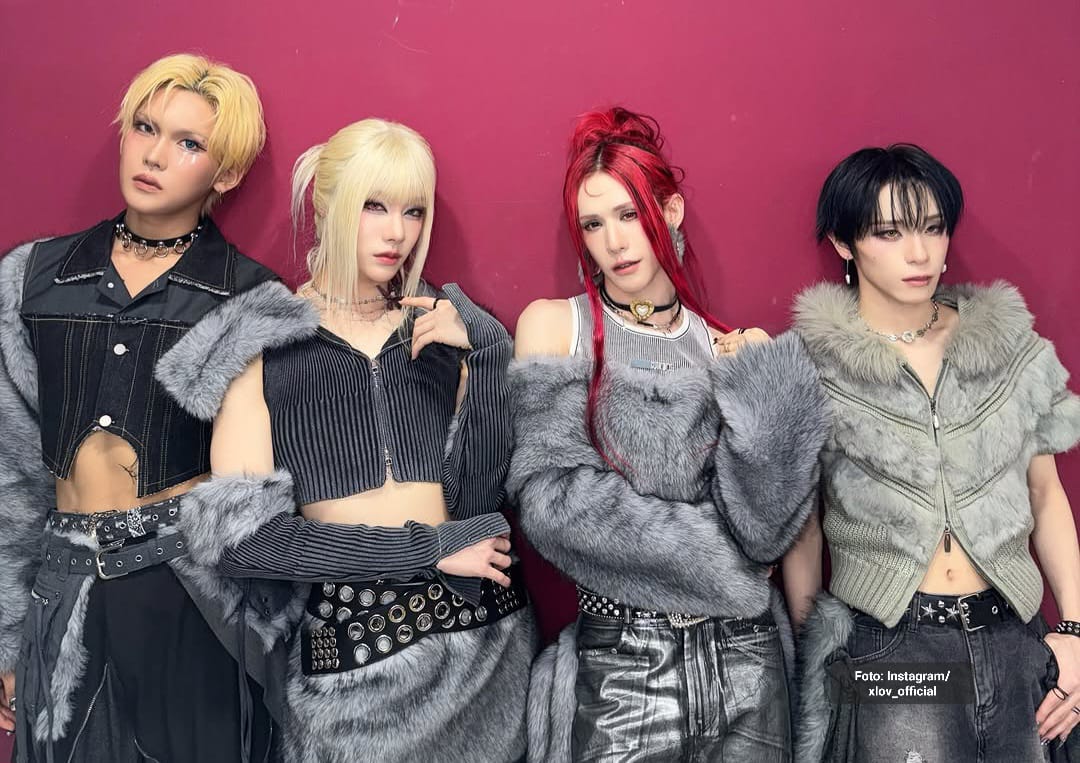Making Sense of Uganda’s Ugly Anti-Porn and Anti-Gay Laws
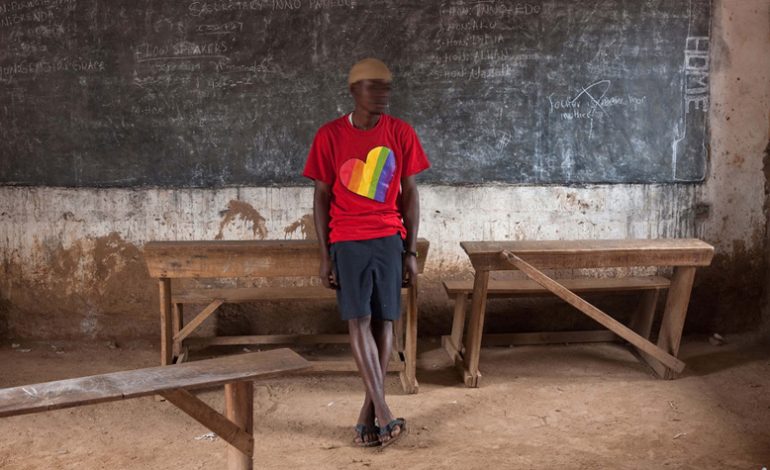
My travel plans are mostly triggered by my pirated DVD collections.
The King’s Speech made me surf the web for cheapest fares to the UK. I collected brochures on Japan after watching Memoirs of a Geisha. I prefer mountains to seaside, yet I checked on B&B places in Hawaii after sitting through re-runs of Point Break. It was hardly self prophesy when I found myself travelling to Eastern Africa, a few months after watching The Last King of Scotland and Hotel Rwanda, back to back.
My first destination was Uganda. As it happens, many friends have recommended me to start my travel from here as they claim it is “the easy Africa, a good place to acclimatize if one have not been to Africa”.
And they are absolutely right! The country’ climate, the people’s hospitality and laid-back nature make it really easy for me to journey around the country. “You are welcomed” is a phrase often heard when you enter a premise. I was confused at first, I could swear I did not say “thank you” to begin with. I quickly realized it was a custom to greet guests, a way to make them feel welcomed. I immediately like Uganda. For me, this greeting is like an “open door policy”, everyone is always accepted anywhere in Uganda. My decision to extend my travel longer than planned seemed appropriate.
Alas, as I proceed with the journey, I began to question my travel extension plan for two reasons.
First, it was the Anti-Pornography Law that was somehow officiated just before I landed in Entebbe airport. President Yoweri Museveni has signed a law that criminalizes indecency and promotion of pornography. I didn’t think much of it until a conversation I had with a friendly Ugandan woman I met on a six-hour long bus journey got me a little worried. She said women have been forbidden from wearing clothes like miniskirts since this could excite ‘sexual cravings’ in public. She was obviously upset, many times said in exasperation on how degrading she felt the bill was to women.
I found it a little hard to focus on her ranting as I was wondering whether cleavage-showing blouses were also banned. Especially since this friendly lady, just like many other Ugandan women I have come across on my travels, had no qualms about showing her bouncy assets. In fact, I didn’t recall seeing that many Ugandan women wearing indecently short skirts. Push up bras and low cut neckline were more of a daily sighting.
She continued complaining about some of her male colleagues, who she believed were intelligent yet narrow-minded by supporting the bill because they believe it could protect women from unwanted attention. This “double standard” crossed her big time. She felt women were seen as nothing but objects, and having the bill passed justified just that. As she went on sharing about the bill feud, I made a mental check on the clothes I have on my giant backpack and toying with the idea of cross-checking my knee length skirt with her to see if that would get me in trouble. I decided against it, and would just not wear that until I move on to the next Eastern African country.
The second reason for rethinking my travel extension was a little more personal.
The Anti-Homosexuality Law was also introduced around the same time. In a society where cultural and religious traditions were strong, I could somehow understand why many Ugandans see same sex relationship as “unnatural offences’. What shocked me however was the stigma behind gay behavior amongst layman Ugandans.
Many (disclaimer: many means sixty five percent of people I chatted with over beer and coffee at random places) believed that being gay was somehow equal to being a pedophile. As a person with a few close friends who happen to be gays and lesbians, I was completely infuriated with this misbelief. I tried to dig deeper on the root of this evil thinking, it was the least I could do instead of lashing out the ugly-tourist’s inconsiderate manners that I knew was about to come out any second.
Apparently, there have been cases where Ugandan gay men lure young boys into “bad lifestyle” for the promise of better money. With the typical huge gap of rich and poor in third world country, young boys apparently see this lifestyle as an easy way out of their financial issues. So most of the people I talked to perceived this Bill as a way to protect young people from the bad predators.
What I found slightly disturbing, some of the people I talked to have either gone overseas for further studies and/or work in high positions in reputable organizations. I would think they would be a little more broad-minded, having been exposed to a life of diversity overseas to some extent.
Sadly they seemed to dismiss the fact while there was some truth on the existence of these predators, there were also a lot of genuine, kind people who happen to be homosexuals, living and breathing on this very same earth. “The good-hearted gays and lesbians exist, but their numbers are insignificant compared to the bad ones,” they often argued when defending the law.
I felt like I was fighting a losing battle whenever I got myself into this conversation topic. There I was, talking to people whom I would consider one of the friendliest people I’ve come across during my fifteen travelling years. Yet I could see their aggression when expressing their support towards the Anti Homosexuality Law.
Truth be told, I still think Uganda’s stunning landscapes, beautiful wild animals and friendly people make it a top travel destination. However, with most of the people I met being judgmental towards gays and lesbians, I am forced to reconsider promoting Uganda to some of my friends for fear of their travelling comfort and safety.
I continued with my journey in Uganda, but somehow I felt I should stick to my original timeline. Interestingly enough, the last bus I took to a Ugandan town near to the Rwandan border played a super tragic Bollywood movie that kept me awake all night. I sensed a new travel planning was in order.
About Jasmine Khandi
Jasmine Khandi thinks she is a citizen of the world and often denies that she misses home during her travels. She chooses being omni-present as her power if she was a superhero.

